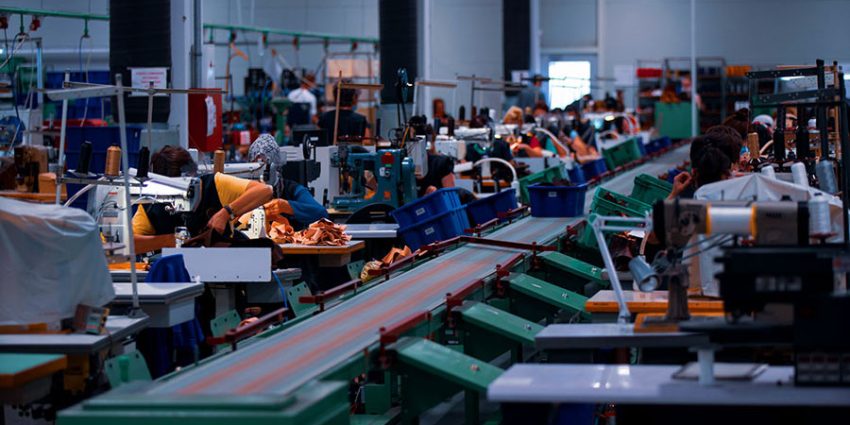A well-maintained tool is the backbone of any craft. Whether you’re working with leather, upholstery, or wood, your tools are your trusted companions. But over time, even the finest tools can degrade if they’re not properly cared for. That’s why tool maintenance is essential—not only for preserving their functionality but also for extending their lifespan.
Why Proper Tool Maintenance Matters
Every professional knows that the quality of your work is only as good as the tools you use. When tools are dull, rusty, or misaligned, it’s nearly impossible to achieve precision and craftsmanship in your projects. Worse, poorly maintained tools can cause damage to your materials or even lead to safety hazards.
At C.S. Osborne, the philosophy is simple: well-maintained tools increase efficiency, improve accuracy, and ensure safety. They allow for smooth, controlled movements, making your work feel like an extension of your hands. Proper maintenance also means fewer replacements and repairs, saving you both time and money in the long run.
Keep It Clean
After each use, your tools can accumulate debris like dust, oil, and residue from the materials you’re working with. Over time, this buildup can cause tools to malfunction or corrode. The experts at C.S. Osborne recommend making cleaning a regular part of your routine.
For metal tools, wipe them down with a soft cloth after each use to remove any dust or debris. If your tools are exposed to moisture or oils, consider using a light oil to protect the metal from rust. Be sure to check handles as well—wooden handles should be cleaned and treated with linseed oil periodically to prevent cracking and drying out.
A Sharp Tool Is a Safe Tool
There’s an old saying in the trades: a sharp tool is a safe tool. Dull edges can cause slips, mistakes, and unnecessary strain. Keeping your cutting tools—like knives, shears, and scissors—sharp ensures that they cut smoothly and with less force, reducing the risk of injury and ensuring cleaner cuts.
C.S. Osborne experts recommend using a whetstone or sharpening stone to maintain the sharpness of your tools. Be sure to follow the proper sharpening angle for each tool, as this can vary. Regular sharpening keeps blades precise and effective, allowing you to work with accuracy and ease.
Prevent Rust and Ensure Smooth Movement
Rust is one of the most common enemies of metal tools, particularly those used in environments where moisture is present. Rust not only damages the tool’s surface but can also affect its functionality. To prevent rust, it’s important to oil your tools regularly.
Store Tools Like a Professional
Proper storage is one of the most overlooked aspects of tool maintenance. Leaving tools in damp or exposed areas can lead to corrosion, while improperly stored blades can dull faster or become damaged. At C.S. Osborne, they recommend storing tools in a dry, organized space.
Using tool rolls, cases, or hanging racks can help keep your tools neatly arranged and protected. Leather or canvas tool rolls are particularly effective for protecting metal tools from moisture and scratches. If you’re storing blades, consider using protective covers or sheaths to prevent accidental damage or dulling.
Catch Small Problems Early
Regular inspection is key to catching any minor issues before they become major problems. C.S. Osborne recommends doing a monthly inspection of your tools, checking for signs of wear, rust, loose handles, or dull edges. Tighten any screws or bolts, replace worn parts, and address any issues immediately.
This kind of proactive maintenance ensures that your tools stay in top condition and prevents larger, more costly repairs down the road. A tool that’s inspected and cared for regularly will not only last longer but will also perform at its best every time you use it.
Conclusion
At the heart of every great project is a set of tools that are well-maintained and ready to perform. The experts at C.S. Osborne understand that investing time in caring for your tools is just as important as investing in the tools themselves. By following these simple tips—regular cleaning, sharpening, oiling, and proper storage—you can ensure that your tools last for years, providing consistent quality and precision in your work.

